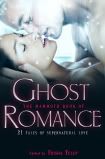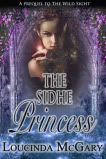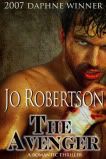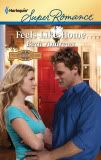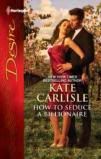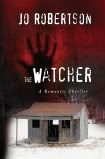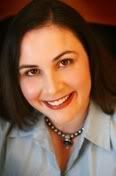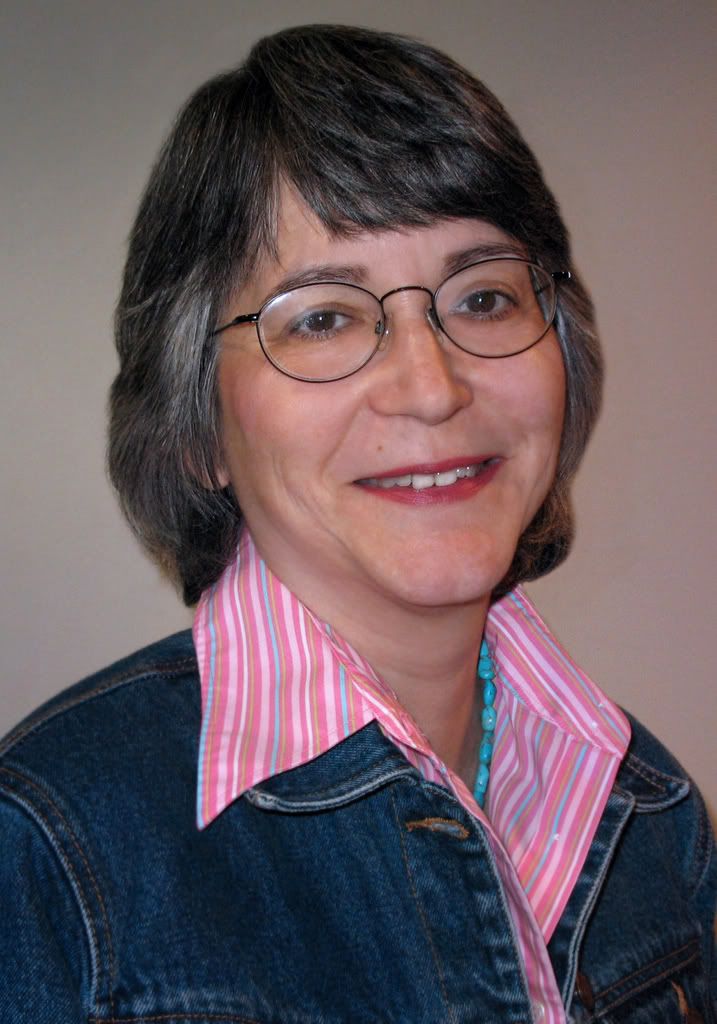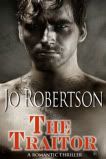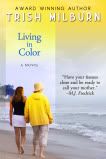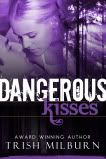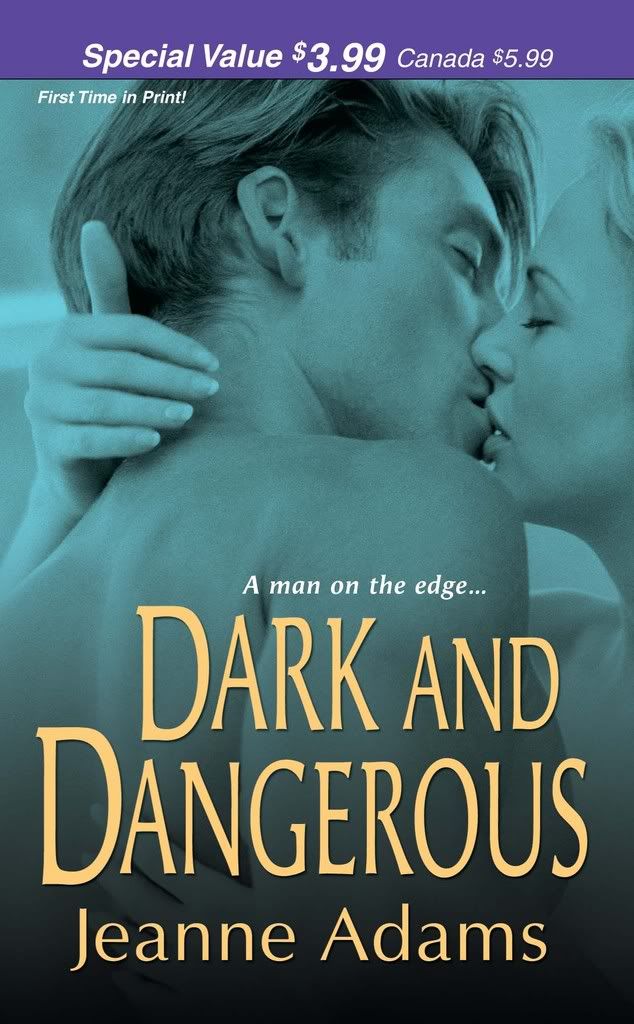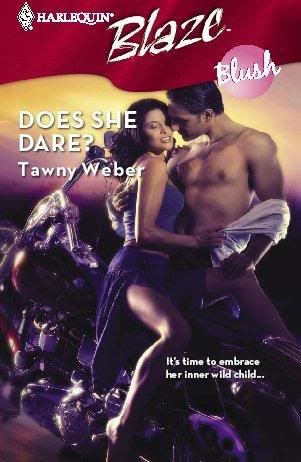 When you watch music videos on television or listen to the radio and you hear a song you haven't heard before--what makes you decide whether you like it? If it's by a band that's familiar to you, how do you know who's playing? Think of all the songs you know by almost as many artists. How can you tell a Coldplay song from REM? Shania Twain from Pink?
When you watch music videos on television or listen to the radio and you hear a song you haven't heard before--what makes you decide whether you like it? If it's by a band that's familiar to you, how do you know who's playing? Think of all the songs you know by almost as many artists. How can you tell a Coldplay song from REM? Shania Twain from Pink?There are twenty of us Banditas in the lair, yet I'm pretty sure I could tell who wrote the day's
 post without looking at the byline. How do I know? Choice of subject matter, for one. The personal philosophy that underpins the post. The rhythm of the sentences, the tone of the jokes, how much it makes me cry (yes, that would be you, Cassondra!) Pet words, use of language and metaphor, even the structure and layout. In all these details, a writer leaves her mark, just like a signature or a thumb print.
post without looking at the byline. How do I know? Choice of subject matter, for one. The personal philosophy that underpins the post. The rhythm of the sentences, the tone of the jokes, how much it makes me cry (yes, that would be you, Cassondra!) Pet words, use of language and metaphor, even the structure and layout. In all these details, a writer leaves her mark, just like a signature or a thumb print. In the book biz, we call the distinctive sum of all those parts voice.
 all else as the most important factor in their decision to buy a new author's work. It's so unquantifiable, so inexplicable. But ask yourself--what sort of song do you want to hear from a band you've yet to come across? Can you describe the essential ingredients that will guarantee your enjoyment? Or is it really a 'know it when you hear it' kind of thing? I think, if you're honest, you'd say the latter.
all else as the most important factor in their decision to buy a new author's work. It's so unquantifiable, so inexplicable. But ask yourself--what sort of song do you want to hear from a band you've yet to come across? Can you describe the essential ingredients that will guarantee your enjoyment? Or is it really a 'know it when you hear it' kind of thing? I think, if you're honest, you'd say the latter. I've never been a huge fan of reality television shows (other than my strange fascination with Project Runway) but occasionally, I catch a glimpse of American
 Idol. The thing that often strikes me is that many of these people have talent but often it's not a distinctive talent (yet). They don't have the whole package that sets them apart from the rest. Sometimes, it's because a thin slip of a girl chooses a gutsy, raw song that doesn't suit her voice or her look. Let's face it, someone who looks and sings like a pixie isn't likely to carry off a heavy metal song, no matter how hard she tries. Sometimes, it's that the contestant is trying too hard to be technically perfect and that polished technical perfection doesn't show us their soul or their heart. They've polished all their rough, interesting edges away.
Idol. The thing that often strikes me is that many of these people have talent but often it's not a distinctive talent (yet). They don't have the whole package that sets them apart from the rest. Sometimes, it's because a thin slip of a girl chooses a gutsy, raw song that doesn't suit her voice or her look. Let's face it, someone who looks and sings like a pixie isn't likely to carry off a heavy metal song, no matter how hard she tries. Sometimes, it's that the contestant is trying too hard to be technically perfect and that polished technical perfection doesn't show us their soul or their heart. They've polished all their rough, interesting edges away.Unfortunately, a distinctive voice isn't something you can easily or deliberately acquire. Some
 people have it from the start. For others, it takes practice and experimentation to find what kind of story and style fits their personality. And for some, voice is something they have to recapture after critique groups and contests have ironed it out of their work. Whatever the case, a unique voice is worth striving for, nurturing and protecting, because it's the most valuable asset an artist can have.
people have it from the start. For others, it takes practice and experimentation to find what kind of story and style fits their personality. And for some, voice is something they have to recapture after critique groups and contests have ironed it out of their work. Whatever the case, a unique voice is worth striving for, nurturing and protecting, because it's the most valuable asset an artist can have. Now, to get your hands on some Bandit booty--if you're a writer, pick three words to describe your voice. If you're a reader, pick three words to describe the voice of your favourite author, or one of the Banditas on the blog.
Now, to get your hands on some Bandit booty--if you're a writer, pick three words to describe your voice. If you're a reader, pick three words to describe the voice of your favourite author, or one of the Banditas on the blog.For fun, I've grabbed a few books from my keeper shelf and typed out some lines. First of all, can you tell me who wrote it and the title (bonus points for the title!) how you think the voices in the paragraphs differ, what similarities you see. What is it about these paragraphs that show the writer's distinctive voice?

A Dangerous Duke diary goes to one lucky reader and a signed copy of Scandal's Daughter to the first to get all the quotes right.
 #2 Once, there were more of us.
#2 Once, there were more of us.#3 Dr Iannis had enjoyed a satisfactory day in which none of his patients had died or got any worse. He had attended a surprisingly easy calving, lanced one abscess, extracted a molar, dosed one lady of easy virtue with Salvarsan, performed an unpleasant but spectacularly fruitful enema...
#4 Sir Walter Elliot, of Kellynch-hall, in Somersetshire, was a man who, for his own amusement, never took up any book but the Baronetage...















